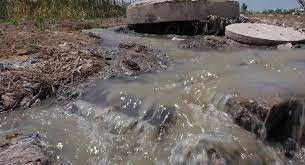
Philemon Jambaya
As the first fat drops of the rainy season splattered on parched Harare soil, a collective sigh of relief rippled through the capital’s sprawling dormitory town, Chitungwiza.
Parched gardens rejoiced, dusty streets glistened, and water-starved households saw a glimmer of hope in their empty buckets.
But for many, this hope was as fleeting as a summer breeze.
The rains, instead of bringing life-giving sustenance, unleashed a torrent of frustration – a torrent spewing not from the heavens, but from the very pipes meant to deliver it.
Chitungwiza’s ageing water infrastructure, a creaking network of metal and neglect, buckled under the pressure of the downpour. Ewers, those ubiquitous metal storage tanks perched atop countless homes, became geysers, erupting in spectacular, if unwelcome, displays. Roofs overflowed, transforming homes into impromptu waterfalls. Walls, painted with the sweat and dreams of their owners, became canvases for muddy streaks. The promised bounty of rain turned into a watery nightmare.
Mable Chimedza, a single mother of three, watched in disbelief as her precious ewer gurgled and sputtered, then unleashed a torrent that flooded her kitchen. “We haven’t had water for weeks,” she lamented, her voice heavy with a mix of anger and resignation.
“Now, when it finally comes, it comes like this? What are we supposed to do?”
Related Stories
Her story is echoed across Chitungwiza.
Champion Moyo, a carpenter, points to a gaping hole in his ceiling, the result of a burst pipe hidden within. “I saved for months to fix that roof,” he says, his calloused hands clenched in frustration. “Now, it’s back to square one.”
The consequences of these burst ewers go beyond mere inconvenience. Schools and clinics, already struggling with limited resources, find themselves crippled by the lack of running water. Hygiene becomes a luxury, the threat of water-borne diseases a looming spectre. Livelihoods are disrupted, precious belongings destroyed, and the already fragile hope of a better life washed away in a tide of muddy water.
Chitungwiza Residents Trust Director Alice Kuveya said that the problem is not new to the dormitory town.
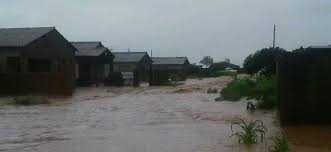
“This is not a new story. Every rainy season, Chitungwiza residents brace themselves for the inevitable deluge, not from the sky, but from their own water supply.
“It is a stark reminder of the glaring inequalities that plague Zimbabwe, where the promise of basic necessities like clean water remains a cruel mirage for many,” Kuveya said.
But amidst the frustration, there is also a flicker of resilience. Neighbours band together, sharing. Community leaders raise their voices, demanding action from authorities who seem perpetually deaf to the plight of their own people.
“The rains may bring devastation, but they also bring a renewed sense of urgency. The burst sewers of Chitungwiza are not just a symbol of neglect, but a call to action.
“A call for investment in infrastructure, for accountability, for a future where the precious gift of rain is not a curse, but a blessing shared by all,” Kuveya added.











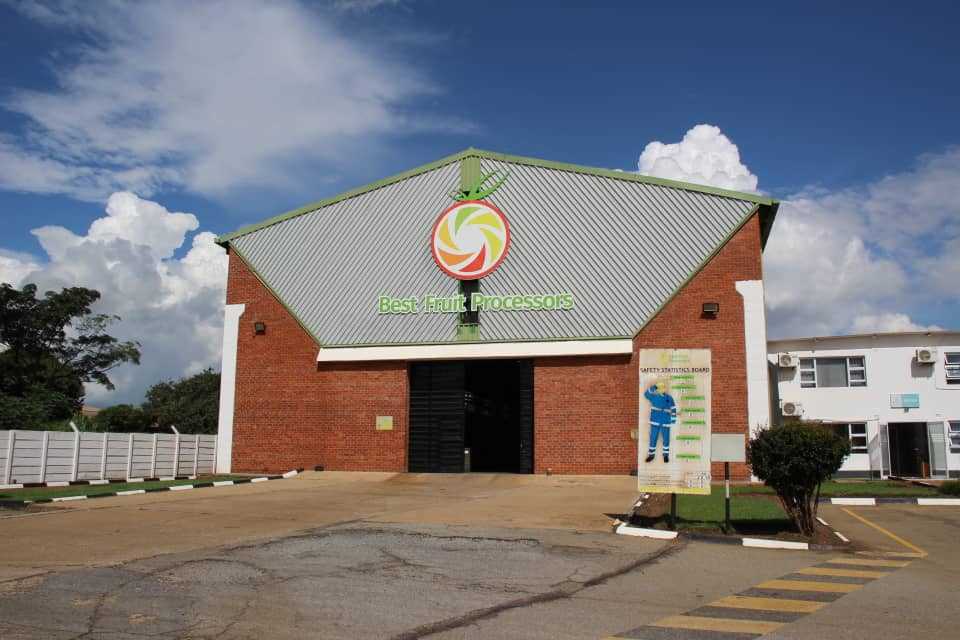


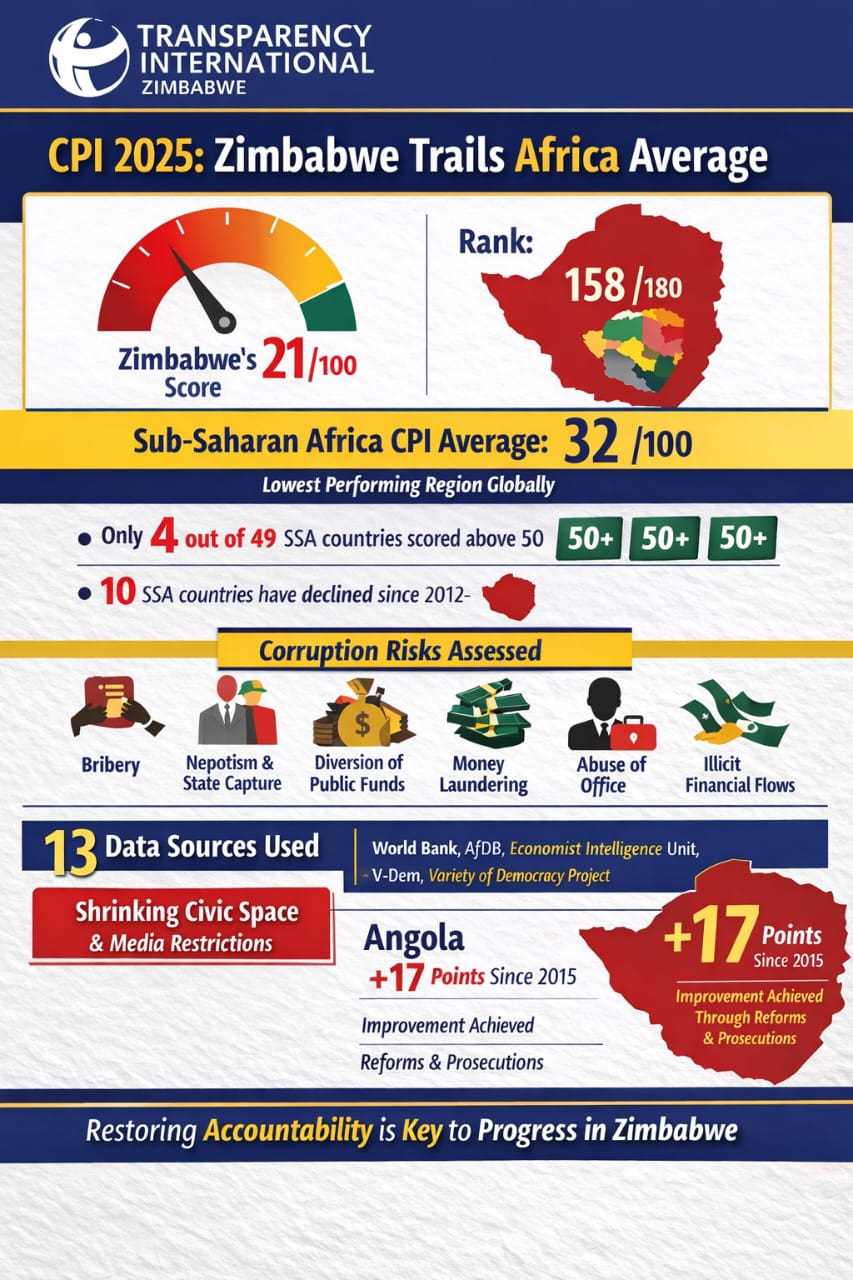
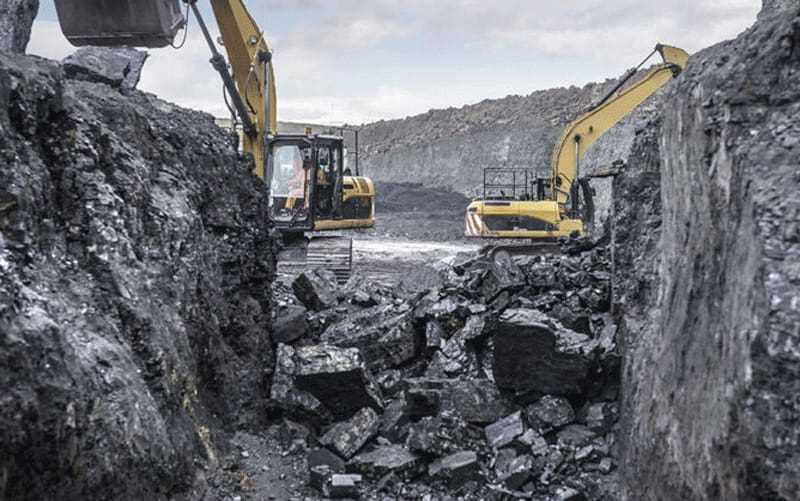



Leave Comments